At a time when many school counselors are experiencing expansion in their professional roles, the Consortium plans to convene a group of them on Tuesday, March 14 with a view toward identifying areas involving students’ future readiness that might call for additional support.
“We want to see whether there might be a program we could develop for next year that would address some of the needs school counselors identify, given the ways they’re being called upon to help prepare students for their post-secondary paths,” said Consortium Program Director Debbie Pixton.
Already there’s been a flood of interest, with registration for the session nearing capacity.
Part of the reason for mission creep among school counselors is that Pennsylvania doesn’t, by law or regulation, prescribe a “comprehensive program that all counselors are required to follow,” said Emilia Peiffer, East Allegheny School District’s Counselor for grades 10-12.
As a result, “there’s a lot of confusion about what our roles and responsibilities are,” added Peiffer, who also serves as Executive Director of the Pennsylvania School Counselors Association. “What I do as a counselor might be very different than what a counselor in another district does.”
Among the ways counselors have become engaged in student preparation is by helping them assemble artifacts the state requires to document career exploration and preparation experiences.
“There are now so many artifacts required by law,” said Peiffer, noting that ensuring students complete them “is usually part of the school counselor’s responsibilities.”
On top of that, counselors are increasingly tasked with tying their districts’ state-mandated, Chapter 339 career guidance plans to new state graduation standards that are being rolled out this year pursuant to Act 158, she added. Some might even be tasked with coordinating opportunities for pursuing alternative pathways.
The new standards provide pathways to graduation other than passing the Keystone exams. Among them is an “evidence-based” pathway under which a student might assemble other proof of readiness, like completing a pre-apprenticeship or working part of the school day with a cooperating employer.






